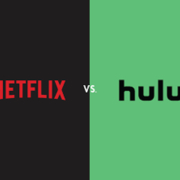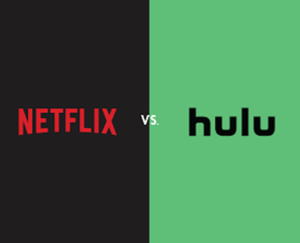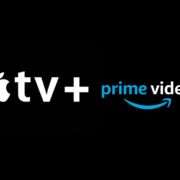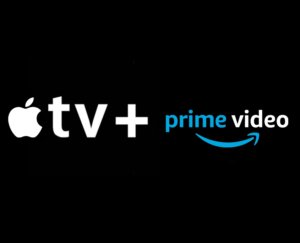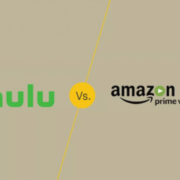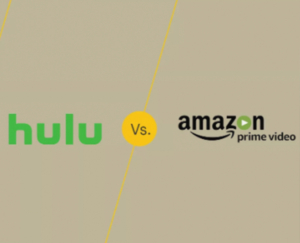What speed does my Business internet need?
Most business owners are unsure over what they want when looking for internet service providers. One of the most important, if not the most integral, is internet speed. How you can identify your ideal internet speed – look no further.
Download speed vs Upload Speed
Speed is measured by how fast data is transmitted from the web to your devices. It is measured in Mbps (megabits per second). The two major components in adjudging internet speed are
- Download speed which is the rate at which you retrieve information. Loading your business page, downloading videos, all depends on the strength of your download speed.
- Upload speed is the rate at which you transfer information to the web. Sending emails, uploading to the cloud, how quickly they happen depends upon the upload speed.
download speeds are much faster than upload speeds, and for good reason too. Users generally download much more information than they upload. Streaming videos, downloading documents, and receiving mails are all activities with almost no upload needed once they’re initiated. They’re all passive.
Upload speeds become much more important for interactive activities. Like online VOIP and video conferencing which is improved with better upload speeds. However, most business internet providers allow for enough upload speed to handle such things.
Speed Tiers Analyzed
| Speed range | Ideal user connections | Suitable |
| 2-10 Mbps
|
4
|
|
| 10-25 Mbps
|
8
|
|
| 25-50 Mbps
|
12
|
|
| 50-100 Mbps
|
15
|
|
| 100-200 Mbps
|
20
|
|
| 200-1000 Mbps | 30+ |
|
Considerations in choosing your speed
- Devices – are all employees in the business simple smartphone users or are there any desktops and laptops involved? If the business is equipped with smart appliances, you need to make sure the connection is stable enough to make them work. Streaming boxes linked with HD TVs need reliably fast speeds to maintain a stable streaming experience
- Users – How many users will be using the internet at a specific time during the day/night. If there is a high frequency of users during the day-time, then different plans can be looked at that specifically cater to such routines and vice versa. Ensuring capable and high speeds during these peak hours is essential for complete experience
- Usage – its particularly pertinent to know beforehand what kind of online activities set the norm for the business; whether there are PCs or consoles that require low latency, or avid HD conferencing requirements which might require additional bandwidth to accommodate the high quality.



